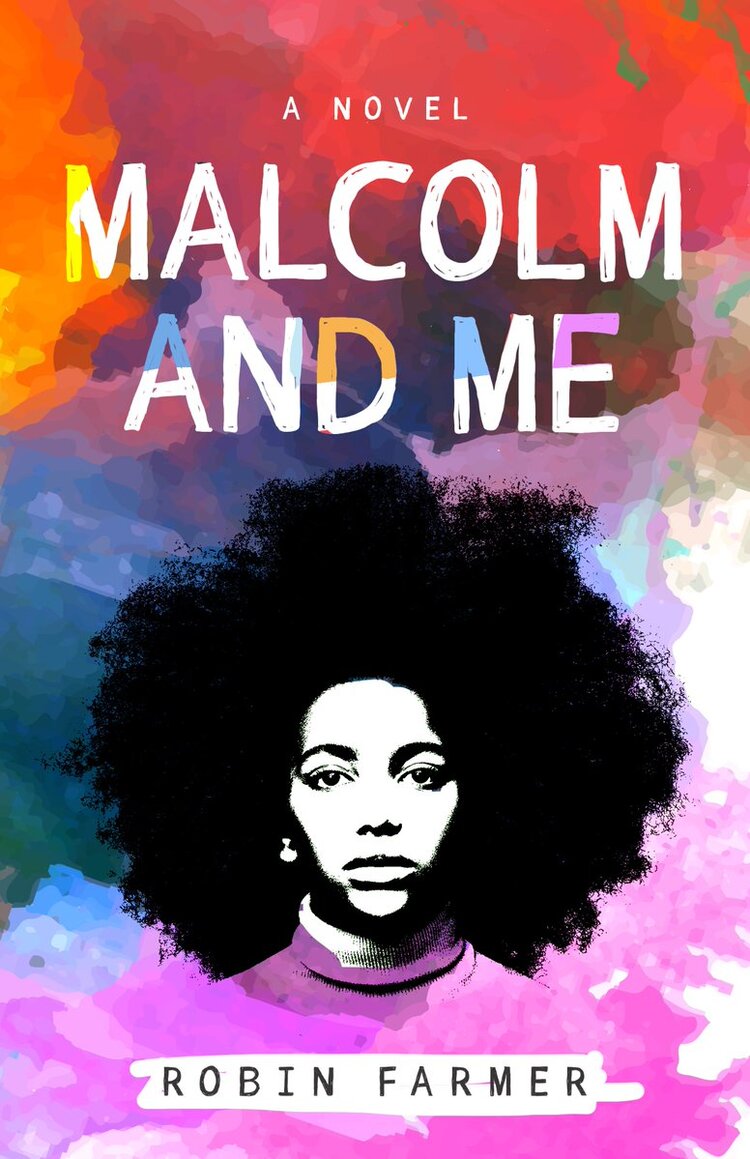
Author-interviews are especially fun when a good friend has a debut coming out! Congrats to Robin Farmer on this month’s release of Malcolm and Me!
I’ve enjoyed reading early drafts of this story. It’s achingly heartfelt and fun and simultaneously serious, and even though it’s set in 1973, many of the issues raised are still current.
I’m excited to talk with Robin about her process in crafting this gem, but first, the Giveaway information! Hop to the end of this post to enter the drawing to win a copy of Malcolm and Me, then come back to enjoy my interview with Robin. Deadline to enter: Monday, November 16, 2020, at 11:59 PM.
If you’ll be near Richmond, VA, on Tuesday, November 17, stop by Chop Suey Books, 2913 W. Cary Street, for your own copy. Robin will be on the sidewalk, signing books from 3:00-5:00 pm. (Please wear a mask!) Also, on Monday, November 16, at 7:00 PM, she’ll be on Instagram Live in conversation with Ward Tefft @ChopSueyBooks.
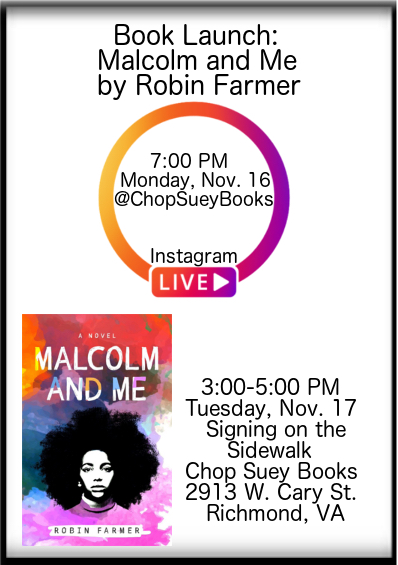
A. B. Westrick: Robin, welcome to my blog!
Robin Farmer: Thanks for interviewing me!
ABW: My focus is always the craft and process of writing, so let’s get to it. In the opening scene, 13-year-old Roberta earns the wrath of her teacher, a nun, by calling Thomas Jefferson a hypocrite. You told me this scene is based on your own experience. Were you 13 at the time? What was it about 13 that made Roberta’s story work? Did you ever consider changing the protagonist’s age?
RF: This happened when I was eleven and in sixth grade. In the initial draft that’s how old Roberta was, but an editor I pitched it to suggested I make her older. Initially I resisted but gave in, although I did not want her in high school. I liked the idea of a new teen seeing life differently. I recall the thrill of finally becoming one. You think you’ve entered a new phase and you are no longer a kid. Yet you still have one foot in kiddieland and all of its immaturity while at the same time you are developing a growing sense of awareness and independence. New teens are a mess and I’m here for them.
ABW: That’s great. And making Roberta 13 ensures that the book will resonate with middle school readers.
You’ve set the story in Philadelphia, a setting I love in part because I can picture it. I grew up riding that trolley to Philly! (From my neighborhood, it was the Media line to 69th Street, just saying.) But your experience in the 1970s as a black girl in a Catholic school couldn’t have been more different from mine as a white girl in a public school. (The nun in your story has quite the attitude!) My question is: while writing Roberta’s story, did you have a particular reader in mind? (Could you have imagined that a middle-aged lady like me would enjoy reading this story?)
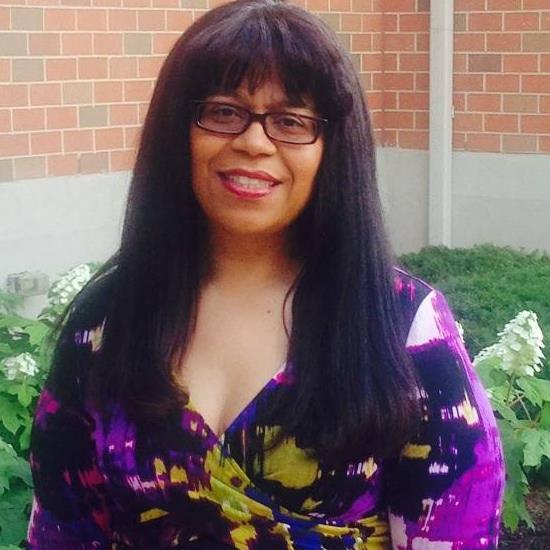
RF: Wow, yes and thanks! I always thought the story would have intergenerational appeal, something agents apparently didn’t agree with since I couldn’t get one! Not only will teens find the era interesting (as well as Roberta’s voice), but I figured women who were teens back then would enjoy the story. No matter our ages, adults were once 13, right? Those feelings of uncertainty, angst, powerlessness, etc. never leave us, do they?
ABW: So true—those feelings! Ahhh. Maybe they’re more intense when we’re 13, but they never go away.
Now, you mentioned not getting an agent. Instead, your path to publication was winning a contest. I remember celebrating with you when your manuscript won the 2019 SparkPress Toward Equality in Publishing (STEP) contest, which included publication as part of the prize. Between then and Malcolm and Me coming out, how much revision did you take the manuscript through? (Or was the version that won the contest ready to go out in the world?)
RF: So the final version that I submitted earlier this year was about 75% different from the first draft many years ago. However, the opening chapter is very similar to the original draft. When I submitted to the STEP contest in 2019, I was on my fourth hardcore draft. For the fifth and final draft I wrote three new chapters this summer after attending the fantastic Rowland Writers Retreat. In drafts four and five I elevated each chapter, but the basic story did not change with the exception of adding three new chapters in draft five.
ABW: You mentioned the Rowland Retreat. You’ve gone to a number of prestigious writing retreats, including Rowland and the Djerassi Resident Artists Program. What is it about participating in a residency that you find helpful? (Should ALL writers try to take advantage of opportunities like Dijerassi?)
RF: The thing about residencies, retreats and workshops, at least for me, is that they validate my artistry. Being selected from applicants around the globe confirms I have something to offer. Sometimes you need that.
The downside? I often felt like an imposter because I did not have anything but an unfinished manuscript while everyone else (usually award-winning) had already proven themselves. Yet, every time I read my work the reaction from accomplished artists proved (to me) that I did belong. So there’s that. Yes, I’d tell all writers to apply to workshops, retreats and residencies to reflect, work, fellowship and stretch and grow. You may arrive sweating behind your knees. Go anyway.
ABW: That’s a great image, sweating behind your knees.
Now tell me about your research. The story abounds with period details, and I’m sure many are from your memories, growing up. But how much did you have to research and/or travel to Philly to make sure you were nailing the time and place accurately?
RF: The neighborhood in the story is vastly different today. In fact, Philly is quite different. So I did not travel to Philly, but I did research old photographs and newspaper articles. I even looked at religious curricula used in Catholic schools in the 1970s. We can never do enough research. I immersed myself not only in period details, but in the feelings that consumed me. Songs and favorite foods from that time helped.
ABW: I know that for you this novel began as a screenplay. In many scenes the dialogue is snappy and spot-on (I can hear these characters talking), and I imagine this might stem from your love of screenwriting. Tell me a bit about your process in rewriting the manuscript as a novel. What can novelists learn from screenwriters?
RF: Thanks! I think dialogue that sounds organic is one transferable skill. Believe it or not, also structure. My novel has a “false victory” midway, which I got from Save the Cat, a wonderful resource which outlines each structural element needed by a specific page in a screenplay.
Also, the image you have of Roberta by the end of chapter one is vastly different from the image of her by the end of the story. That’s another screenplay technique: ensure narrative growth. In movies, character is what character does, not what one thinks. I borrowed that, too!
ABW: I love craft tips like these. Okay, readers, did you get that? Check out Save the Cat (which focuses on screenwriting) and also Save the Cat Writes a Novel.
Now before we wrap this up, I have to mention journalism. You’re an award-winning journalist who publishes regularly in national magazines. I’d love to hear you talk a bit about the difference between writing feature stories and crafting a novel. What can novelists learn from journalists and vice-versa?
RF: As a journalist I LOVED to infuse my work with “nonfiction narrative techniques” such as imagery, flashbacks and backstory. I learned such tools more than twenty years ago during my first fellowship through the Education Writers Association. I had the privilege to work with Jon Franklin, author of Writing for Story, who served as an advisor to my project examining the coping methods of smart Black students at schools where being smart carried a stigma. As a journalist, I had a knack for uncovering the small moments that define someone. (Often experiences of intense emotional truth.) I also learned how to write on deadline, which I needed to do recently since my novel was moved up for publication (seven months earlier than original pub date). Such transferable skills benefit all writers.
ABW: Oh, yes, the marketing scramble when your pub date was suddenly this month rather than June 2021. I think it was a good move on the part of SparkPress because 2020 has been a year of renewed energy for Black Lives Matter. Writers often lament that the process of bringing a book to market seems slow, but a sudden speed-up can be a challenge, too!
Now, tell me, which do you enjoy most: writing fiction, screenplays, or magazine articles? (Or is the process just different?)
RF: Don’t forget poetry!
ABW: Oh, right! Of course! In Malcolm and Me there are many scenes where Roberta takes a moment to jot down a poem. And I recall that you’ve had poetry published in anthologies such as Lingering in the Margins, a collection from Richmond, VA’s River City Poets.
RF: Yes, I love to write poetry. But as for which genre I enjoy most—it depends on my mood. I like the creative challenges each type of writing requires. For me, I’m drinking from the same creative well. It’s just the structure/rules that change. I’m getting older, so it’s important to keep my brain nimble. Diverse writing keeps the old noodle elastic.
ABW: The old noodle. You crack me up. Okay, final question: what are you working on now?
RF: My next project is up in the air but it will not take years to figure out. I’m doing NaNoWriMo to decide if another one of my screenplays is ripe to adapt as my second novel or whether I will create something new. I’ll know before 2021.
ABW: You are a prolific writer! An inspiration! Thanks so much for doing this interview, Robin.
RF: It’s been fun!
Readers who enjoyed learning about Robin and her writing can find her at her website, on Facebook, Twitter, and Instagram. If you visit, be sure to say so in the Rafflecopter below. Each entry earns you a chance to win a copy of Malcom and Me. Deadline to enter: Monday, November 16, 2020, at 11:59 PM. Multiple entries on multiple days are welcome. On Release Day—Tuesday, November 17—I’ll ask the Rafflecopter to choose a random winner. Good luck!
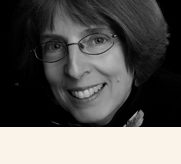


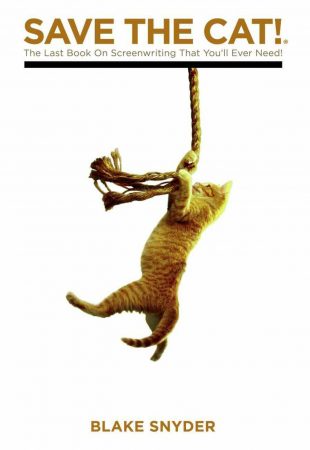
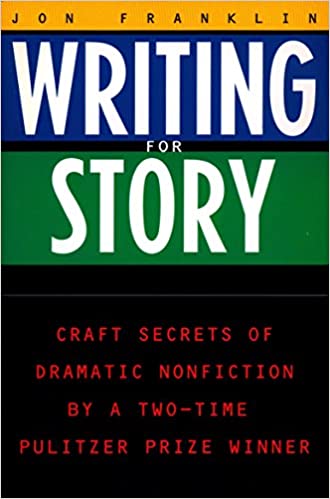
Great interview! I’ve shared it on FB. I’m looking forward to Robin’s launch on the sidewalk in front of Chop Suey. It’s a fun spot. Hoping for sunshine!
Me, too! Ward says that if it rains, there’s a bakery next door where we can socially-distance while Robin signs books.
Ward has gone with the flow and set up book launches nicely! I enjoyed mine, something fun about sitting on a sidewalk. Feels like the 60’s. HA.
Ha, yes! Carytown has that 60s vibe.
Yes. Reminds me of Berkeley. Never lived there, only visited. I lived over in Marin County.
I lived in Berkeley for 3 years and especially loved the used book stores on Telegraph Ave, but this was after the 60s! (I was there 1978-81.) In 2014 I visited again. Berkeley still has a strong artsy, free-spirit, politically progressive vibe, which I encountered in Montpelier, VT, too, when I went there for MFA work. And book stores. Gotta love the independent book stores! (Montpelier has more than one.) I always look for the book stores.
Yep, I look for bookstores, too. During my year living in a tipi in Little Washington, VA. I used their library, sometimes I ordered books. No bookstores for miles. We have similar pasts, it seems.
A tipi?! A tepee? You lived in a teepee!? I haven’t yet heard about this chapter in your life! Okay, now I know what we have to talk about in our next Zoom chat. Looking forward to it…!
Yep, wrote a memoir piece about it. A year in a tipi! Young and crazy and it was grand.
Thanks for the interview and all of your support over the years, Anne!
It’s been great, hearing about this story, then reading drafts and seeing it all come together for you!
Yes, it’s fun, with some people, to watch their novel come together. Time and work and here it is!
Time, work, perseverance, revision, then more revision. When I was a kid, I thought writers just sat down and wrote their novels, start to finish. Ha! No wonder I convinced myself that even though I enjoyed writing, I wouldn’t ever become an author because I couldn’t do THAT. Much later, when I learned that novels came together during the revision process, I found a glimmer of hope. And here I am.
My writing idea was similar. Who knew how dedicated our beloved writers like Dickens, Plath and others worked, and worked. We were naive while we read the finished products. Oh, what a journey!
Congratulations on the new book (and the contest win!), Robin! Enjoy your covid-safe launch. What a great idea having it outdoors! I used to sell my books at summer community festivals and always had a lot of fun.
Fun, yes! Last month I attended another signing-on-the-sidewalk at Chop Suey Books, and it was tons of fun. I ran into people I hadn’t seen in ages. It was great to catch up, even if we had to be wearing masks and trying to stay six feet apart. I’m really looking forward to Robin’s launch next week!
It’s now close to a year later and I’ve enjoyed seeing Robin’s success with Malcolm and Me and her social media presence!
Best wishes to both of you on your current and future projects. 😊
Thank you, Anita! I’ve loved watching MALCOLM AND ME hit all sorts of must-read lists, and now I’m looking forward to Robin’s next novel!